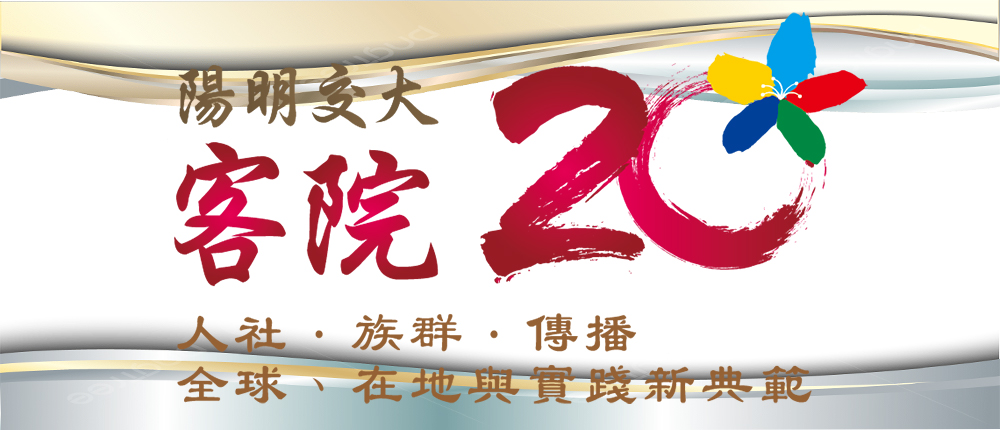View count:
21826
Visions and Goals
■ Visions and Goals
Taiwan is a multicultural society and one of the priority policy issues of Taiwan is to promote multi-ethnic cultures. The development of multi-ethnic cultures is also an important indicator for measuring democracy and open society. In recent years, multiculturalism has been frequently discussed in advanced countries and areas, and has become an ideal worthy of pursuit. The resource allocation for education and academics is not only helpful to the fundamental appreciation and development of a pluralistic society, but also a harbinger of hope for preserving multi-ethnic heritage.
The National Chiao Tung University (NCTU) is located in a center place adjacent to the towns and cities in Taoyuan, Hsinchu and Miaoli where clusters of Hakka communities were formed centuries ago. Since the university was reestablished in 1958, it has been working closely with the Hakka communities of Taoyuan, Hsinchu and Miaoli. In 2000, the central government set up a policy aiming to establish colleges/universities of Hakka studies. Also, the Hsinchu County, where the largest proportion of the Hakka population inhabits, had high expectations from such a charter institution. To achieve the objectives of the central government’s policy, to meet the expectations of the Hsinchu County Government and to promote academic development, NCTU submitted to the
Ministry of Education (MOE) an application for establishing a College for Hakka Studies and pledged that such a College will and can develop into a world-class academic and policy research center.
■ Characteristics of the College of Hakka Studies
The establishment of the College of Hakka Studies was approved by MOE on March 5, 2004. In addition to International Center for Hakka Studies and Center for Science, Technology and Society, the College also consists of Department of Humanities and Social Sciences, Graduate Institute Master Program for Humanities and Social Sciences & Population and Culture, In-service Master
Program of Hakka Society and Culture, as well as Department of Communication and Technology (DCT). The DCT’s Master and PhD programs were then created to systematically garner Hakka knowledge on the basis of humanities & cultures as well as communication & technology. On the other hand, the International Center for Hakka Studies integrates academics with the resources
of Hakka communities and works hand in glove with the real world of the Hakka population.
The undergraduate curricula of the College of Hakka Studies focus on connecting professional courses of the Hakka culture and society with basic knowledge of humanities and social sciences. Moreover, they attach importance to the practical training
concerning cultural industries and communication technology. The thematic courses emphasize the importance of cultivating students’ interdisciplinary and basic training on humanities and social sciences. In addition, students’ academic and practical
abilities are also trained and enhanced by learning special topics from the Hakka population. The Department of Humanities and Social Sciences and DCT possess highly competitive advantages in their respective relevant fields. In terms of graduate institutes, the College of Hakka Studies offers In-service Master Program of Hakka Society and Culture, Master Program of Population and
Culture, Master Program of Communication and Technology (jointly held with Institute of Communication Studies), PhD program (jointly held with Institute of Applied Arts). Such programs are aimed to cultivate potential talents in interdisciplinary studies who are interested in the Hakka society and culture. The courses offered by these two departments are popular among NCTU students whose majors are not necessarily the Hakka Studies.







